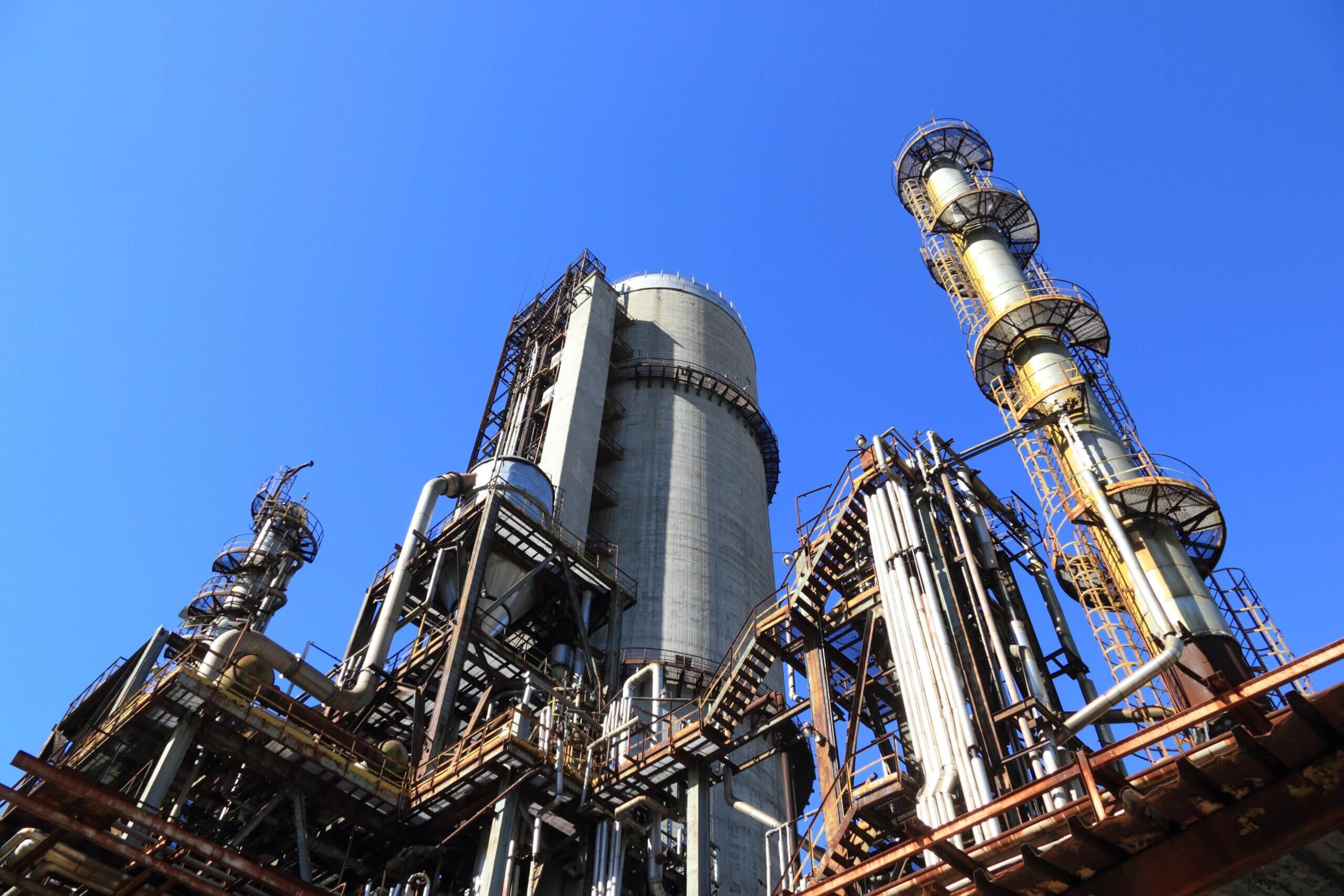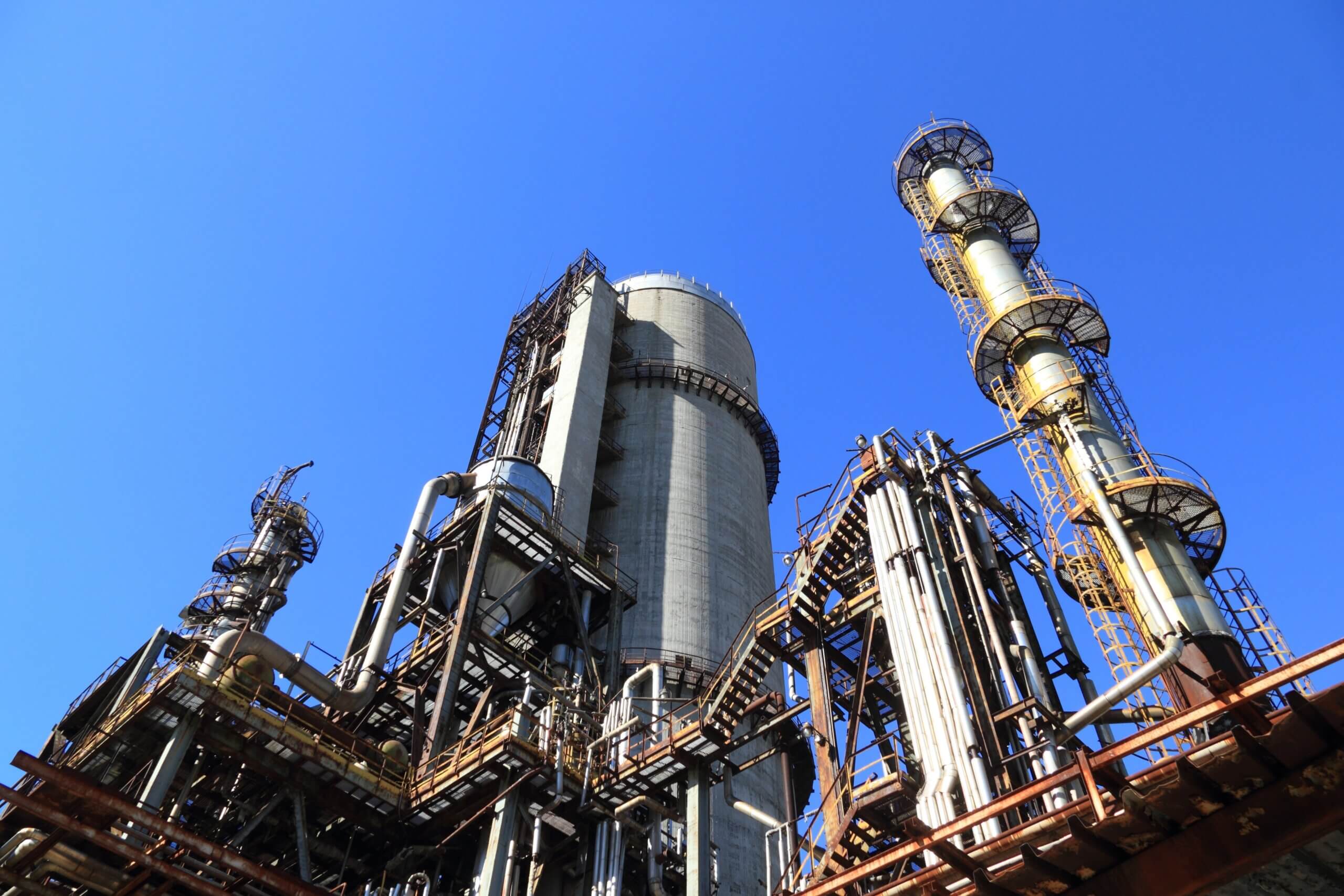“Deglobalization” has entered the narrative zeitgeist. But what’s happening on the ground? This weekly series seeks to answer that question with a round-up of deglobalization developments from the week that’s done.
1. Battery company Redwood Materials is investing some 3.5 billion USD in a new recycling and manufacturing campus in South Carolina, projected to produce enough components to power a million electric vehicles. Redwood recycles and processes anode and cathode materials that are otherwise made almost exclusively in China. This is just the latest in a set of recently announced domestic investments in EV-relevant battery production: At least 21 US battery gigafactories, totaling some 54.3 billion USD, have been announced since the beginning of 2021.
2. A “globalization in transition” report by McKinsey Global Institute argues that “value chains are becoming more regional and less global.” Among the recommendations for companies: “Reconsider your operational footprint to reflect new risks. New automation technologies, changing factor costs, an expanding set of risks, and the increasing importance of speed to market in some industries are all driving localization in many goods-producing value chains.”
3. Plus, Bank of America Global Research’s Economic and Market Outlook for 2023 projects that “reshoring capex remains strong, even in a recession: A strong labor market, ESG, US/China decoupling, and deglobalization/reshoring are expected to keep certain areas of capex strong, even in the event of a recession.”
4. China’s Ministry of Commerce filed a complaint against the US at the World Trade Organization in response to new semiconductor export controls, describing them as trade protectionism. The rules being challenged require US chip makers to obtain a license from the Commerce Department to export certain chips used in advanced artificial-intelligence calculations and supercomputing.
5. A new report, Sustainable Electronics Manufacturing 2023-2033, emphasizes the role of reshoring in the industry’s evolution. The report argues that reshoring promises not only to bolster supply chain security but also lower transport costs – financial and environmental.
(Photo by Pexabay/Pexels)




